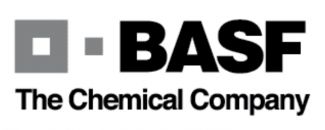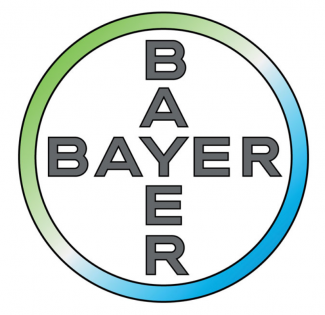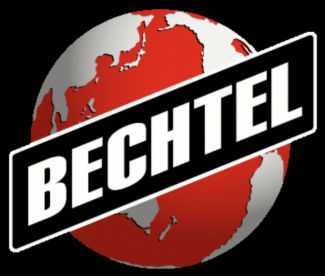Gulliver
Exposing corporate wrongdoing
Type the name of a company in the search box below. To conduct a wider search, please pick from one (or more) of the drop down menus below.
BASF
BASF is the world's largest producer of chemicals.* Founded in 1865 by Friedrich Englehorn and headquartered in Ludwigshafen, Germany, the company mainly sells industrial grade chemicals to the automotive, construction, and pharmaceutical industries. In 1925, BASF led a merger with five other companies (including Bayer and Hoechst) to create I.G. Farbenindustrie AG which manufactured chemicals and weapons for the Nazi war effort during World War II. Its most infamous product was Zyklon B, which was used by the Nazis to kill millions in the gas chambers. After the war, IG Farben was broken up and BASF was reconstituted.
Bayer
Bayer is a chemical and pharmaceutical company that was founded in 1863. Recently it expanded into agricultural products via the acquisition of Monsanto. One of the first controversial products made by Bayer was heroin (named and trademarked in 1898). Monsanto's list of controversial products include Agent Orange, polychlorinated biphenyls (PCBs), genetically-modified crop seeds, and Roundup (the trade name of a toxic glyphosate-based weedkiller. It is in the process of paying out billions of dollars to convince some 100,000 people to drop lawsuits over Roundup use.
Bechtel
Bechtel is a privately-owned construction company that was founded in 1906. It builds big projects like dams, roads, fossil fuel and nuclear power plants. In the 1930s, it was charged with 70,000 separate labor violations during the construction of the Hoover Dam. It has also been charged with installing the San Onofre nuclear reactor backwards and botching the clean up of the nuclear meltdown at Three Mile Island, Pennsylvania. Bechtel was in charge of the Boston Central Artery tunnel project (aka the "Big Dig") estimated to be the most expensive highway project in U.S. history. (The $2.5 billion cost estimate ballooned to $24.3 billion.) The company’s contract to privatize the water system in Cochabamba, Bolivia, resulted in price hikes of up to 300 percent.


